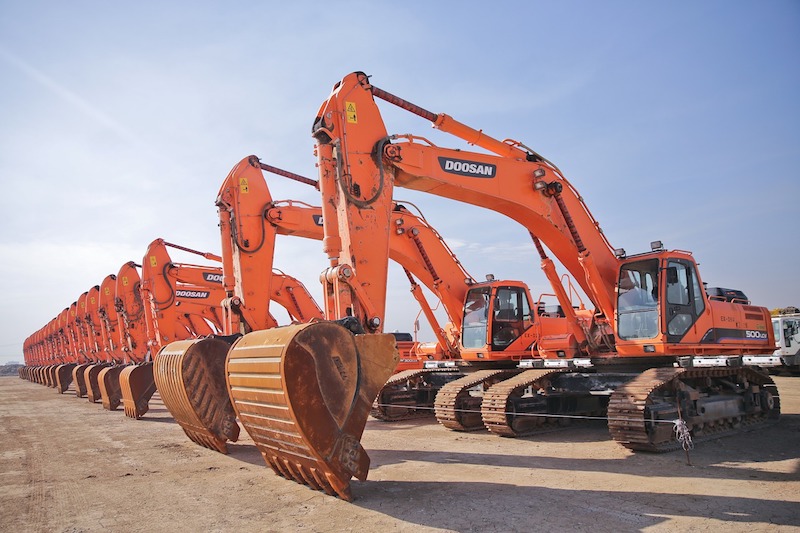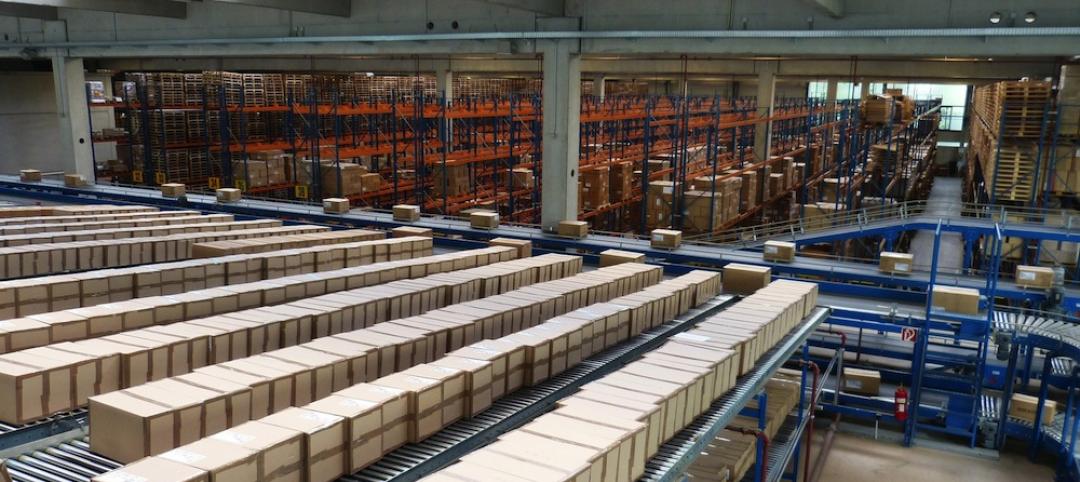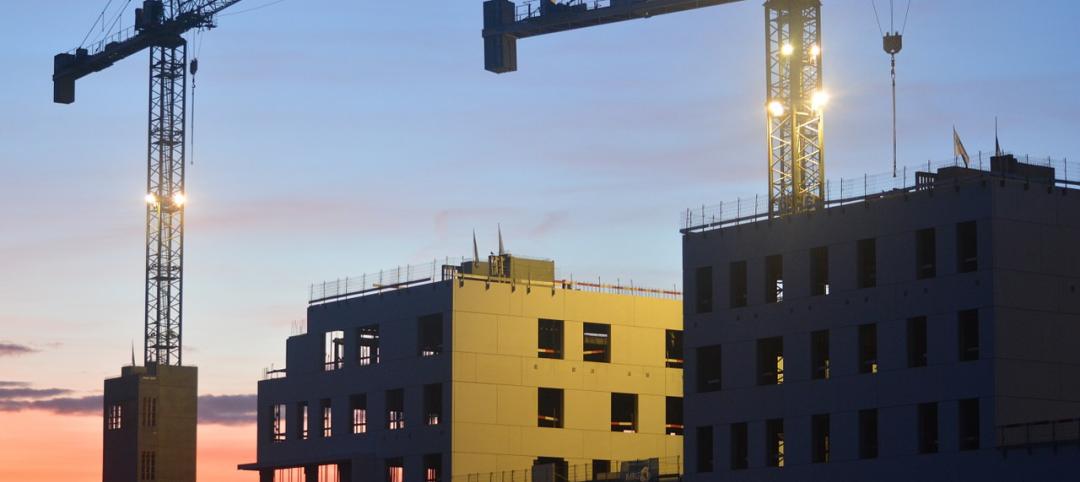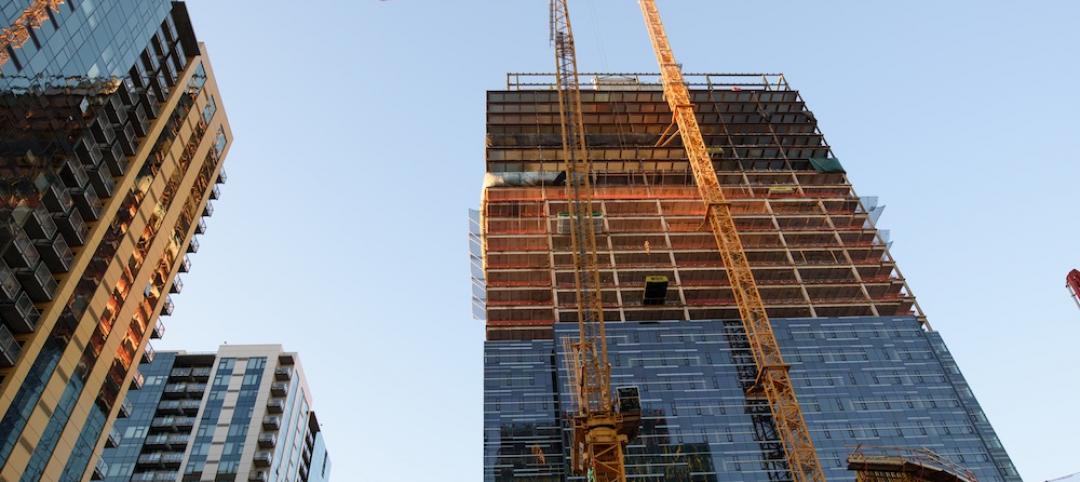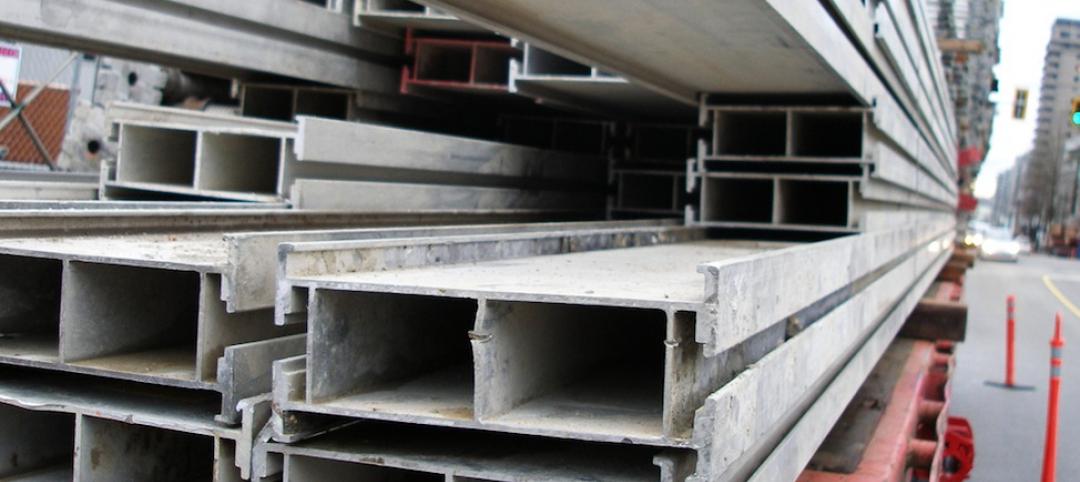The cost of goods used in construction jumped in April at the fastest year-over-year rate since 2011, with ongoing increases for a wide range of building materials, including many that are subject to proposed tariffs that could drive prices still higher and cause scarcities, according to an analysis by the Associated General Contractors of America of Labor Department data released today. Association officials said that the new data indicates many firms are already being squeezed by higher materials prices that they are unable to pass along to their customers.
"Contractors have started to boost the prices they charge, but they are falling further behind on the cost of materials they buy," said the association's chief economist, Ken Simonson. "This imbalance poses two risks—either contractors will suffer decreased profit margins or project owners with fixed budgets will cut back on the projects they undertake."
The producer price index for inputs to construction industries, goods—a measure of all materials used in construction projects including items consumed by contractors, such as diesel fuel—rose 1.0% in April alone and 6.4% over 12 months. The year-over-year increase was the steepest since 2011, the economist noted. Meanwhile, the producer price index for nonresidential construction—a measure of what contractors say they would charge to put up a mix of school, office, warehouse, industrial and health care buildings—increased 1.1% for the month and 4.2% year-over-year.
"The gap between the 6.4% rise in the cost of construction goods and the 4.2% increase in prices charged is ominous," Simonson observed. "Unfortunately, the gap may widen further if tariffs or quotas push up costs further for the many steel, aluminum and wood products used in construction."
From April 2017 to April 2018, the producer price index jumped by 11.9% for aluminum mill shapes, 11.0% for lumber and plywood and 7.4% for steel mill products. The U.S. has been in a dispute with Canada over lumber imports, has imposed tariffs on several types of steel and has announced or recently imposed additional tariffs—not reflected in the April price index—on steel, aluminum and numerous Chinese construction products.
Other construction inputs that rose sharply in price from April 2017 to April 2018 include diesel fuel, 41.6%; copper and brass mill shapes, 10.5%; gypsum products, 7.5%; ready-mix concrete, 6.9%; and truck transportation of freight, 6.0%.
Association officials said the Trump Administration's tariffs pose a real threat to the continued growth of the construction industry. As steel, aluminum, and wood prices continue to surge, contractors will be forced to charge more, potentially discouraging or delaying new infrastructure and development projects.
"The new tariffs have the potential to undermine many of the benefits of the President's recently enacted tax and regulatory reforms," said Stephen E. Sandherr, the association's chief executive officer. "Instead of investing their tax savings in new personnel and equipment, many firms are being forced to use them to cover increasing steel and aluminum costs."
View producer price indexes for construction.
Related Stories
Market Data | Feb 10, 2016
Nonresidential building starts and spending should see solid gains in 2016: Gilbane report
But finding skilled workers continues to be a problem and could inflate a project's costs.
Market Data | Feb 9, 2016
Cushman & Wakefield is bullish on U.S. economy and its property markets
Sees positive signs for construction and investment growth in warehouses, offices, and retail
Market Data | Feb 5, 2016
CMD/Oxford forecast: Nonresidential building growth will recover modestly in 2016
Increased government spending on infrastructure projects should help.
Market Data | Feb 4, 2016
Mortenson: Nonresidential construction costs expected to increase in six major metros
The Construction Cost Index, from Mortenson Construction, indicated rises between 3 and 4% on average.
Contractors | Feb 1, 2016
ABC: Tepid GDP growth a sign construction spending may sputter
Though the economy did not have a strong ending to 2015, the data does not suggest that nonresidential construction spending is set to decline.
Data Centers | Jan 28, 2016
Top 10 markets for data center construction
JLL’s latest outlook foresees a maturation in certain metros.
Market Data | Jan 20, 2016
Nonresidential building starts sag in 2015
CDM Research finds only a few positive signs among the leading sectors.
Market Data | Jan 20, 2016
Architecture Billings Index ends year on positive note
While volatility persists, architecture firms reported healthy performance for 2015.
Market Data | Jan 15, 2016
ABC: Construction material prices continue free fall in December
In December, construction material prices fell for the sixth consecutive month. Prices have declined 7.2% since peaking in August 2014.
Market Data | Jan 13, 2016
Morgan Stanley bucks gloom and doom, thinks U.S. economy has legs through 2020
Strong job growth and dwindling consumer debt give rise to hope.


